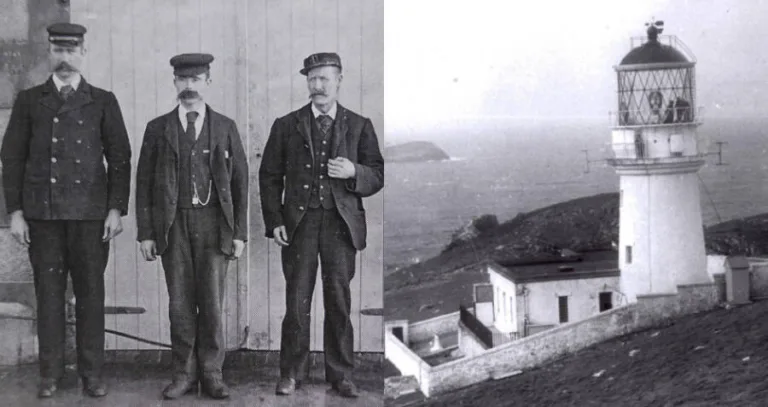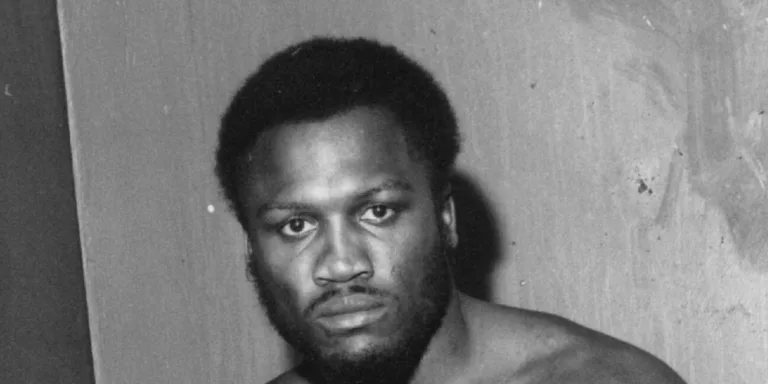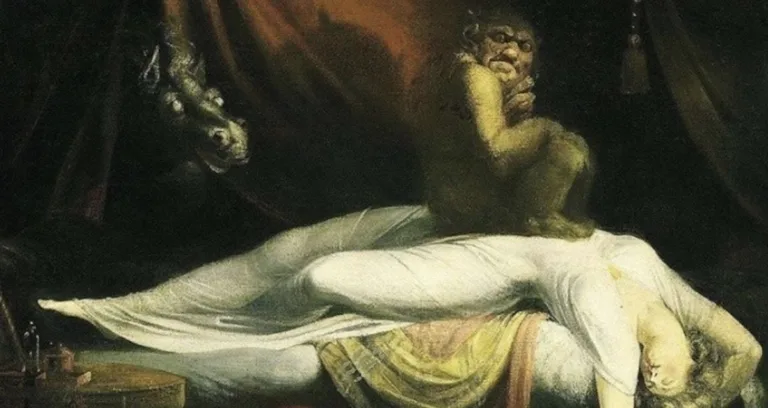Have you ever wondered about the man behind some of the most famous plays in history? William Shakespeare’s works, like Hamlet, Romeo and Juliet, and Macbeth, continue to captivate audiences centuries after they were written. But there’s a fascinating twist to this story: the question of whether was William Shakespeare real has been debated for centuries.
Some people find it hard to believe that a man from humble beginnings in Stratford-upon-Avon could have penned such complex and brilliant works. They point to inconsistencies in biographical records and the sheer sophistication of Shakespeare’s writing as evidence that another, More Likely Candidate, was behind the pen. This has led to numerous alternative Authorship Theories, with names like Edward De Vere, Francis Bacon, or even Christopher Marlowe being put Forward As Possible “true” authors.
These theories are intriguing, and they certainly make you think! On the other hand, mainstream scholarship largely supports Shakespeare’s authorship. There are contemporary accounts that recognize him as a playwright, and legal documents exist that confirm His Literary Works. The debate continues to this day, fueled by passionate advocates on both sides who pore over textual clues and historical context to support their positions. Whether you believe was Shakespeare real in the traditional sense or think another hand was at work, there’s no denying the enduring power of these timeless plays.
Shakespeare’s Life And Times
We know a bit about Shakespeare’s life, though some details remain shrouded in mystery. He was born in Stratford-upon-Avon in 1564 and married Anne Hathaway at the young age of 18. They had three children together: Susanna and twins Hamnet and Judith. Shakespeare’s early years were likely spent in Stratford, where he received a basic education before venturing into London to pursue His Theatrical Dreams.
London in Shakespeare’s time was a bustling hub of activity, with theatre being a popular form of entertainment. He quickly made a name for himself as a playwright, actor, and shareholder in the Lord Chamberlain’s Men (later known as The King’s Men), one of the most successful acting companies of the day. Shakespeare wrote plays across various genres, Including Comedies, tragedies, histories, and romances, captivating audiences with his witty dialogue, Complex Characters, and timeless themes.
Despite his fame and success, Shakespeare remained a somewhat enigmatic figure. He lived a relatively private life outside of the theatre world, and few personal documents survive from His Time. This lack of information has only fueled speculation and debate about his life and works, making him an enduring subject of fascination for historians and literary scholars alike.
Alternative Authorship Theories
While mainstream scholarship largely supports Shakespeare’s authorship, a persistent minority of scholars and enthusiasts believe that someone else penned the plays attributed to him. These alternative theories propose various candidates, each with their own set of arguments and supporting evidence.
Some of the most prominent contenders include Edward De Vere, the 17th Earl of Oxford, Francis Bacon, the renowned philosopher and statesman, and Christopher Marlowe, a talented playwright who mysteriously died young. Proponents of these theories point to stylistic similarities between the plays and the candidates’ Known Works, Circumstantial Connections, and even hidden messages within the texts as evidence for their claims.
These alternative authorship theories are often captivating and thought-provoking, offering intriguing glimpses into different interpretations of Shakespeare’s legacy. While they may not be widely accepted by mainstream scholars, they continue to fuel debate and discussion about the true origins of These Extraordinary Works.
 Amityville House New York: The Real Amityville Horror Story
Amityville House New York: The Real Amityville Horror StoryEvidence for Shakespeare as Author
Despite the persistent doubts surrounding Shakespeare’s authorship, there is a considerable amount of evidence supporting his claim as the True Playwright. Contemporary accounts from his time recognize him as a successful playwright and actor. Playbills, Legal Documents, and even personal letters mention Shakespeare by name in connection with his Theatrical Endeavors.
Furthermore, there are numerous records documenting his involvement in the Lord Chamberlain’s Men, one of the most prominent acting companies in London. He was listed as an actor, shareholder, and ultimately, the primary playwright responsible for their Successful Productions. These historical documents provide a tangible link between Shakespeare and his literary creations, lending weight to the argument that was Shakespeare real as the author of these celebrated plays.
It’s important to note that while Alternative Theories Offer Intriguing Possibilities, they often lack the same level of concrete evidence. The body of historical documentation supporting Shakespeare’s authorship remains substantial and compelling, making him the most widely accepted candidate for the pen behind these Timeless Masterpieces.
The Debate Continues
Despite centuries of debate and analysis, the question of Shakespeare’s authorship remains a topic of passionate discussion and scholarly inquiry. Both sides of the argument continue to present compelling evidence and interpretations, keeping the debate alive and engaging.
New discoveries, Textual Analyses, and historical research constantly emerge, offering fresh perspectives on this enduring mystery. Some scholars argue that technological advancements in fields like linguistics and cryptography Could Provide Definitive Answers, while others believe that the true nature of Shakespeare’s Identity May Forever Remain Elusive. Regardless of one’s stance, the ongoing exploration of this fascinating topic highlights the enduring power and complexity of Shakespeare’s legacy.
The debate surrounding was Shakespeare real is a testament to the profound impact his works have had on literature, theatre, and culture as a whole. It reminds us that even centuries After Their Creation, these plays continue to inspire curiosity, Critical Thinking, and passionate engagement with the human condition.
Unraveling the Bard’s Legacy
Whether Shakespeare was a single individual or a collaborative effort remains a Captivating Mystery, but there’s no denying the profound impact his works have had on Western culture. His plays continue to be performed worldwide, Translated Into Countless Languages, and studied in classrooms across generations.
Shakespeare’s genius lies not only in his masterful storytelling and poetic language but also in his ability to capture the complexities of human emotions, relationships, and societal structures. His characters are timeless archetypes that resonate with audiences even today, exploring themes of love, ambition, revenge, justice, and the human condition itself.
Unraveling the Bard’s legacy involves more than just identifying the author; it’s about understanding his enduring influence on literature, theatre, language, and our collective imagination. His works continue to inspire artists, writers, filmmakers, and thinkers across disciplines, shaping our world in profound and Lasting Ways.










